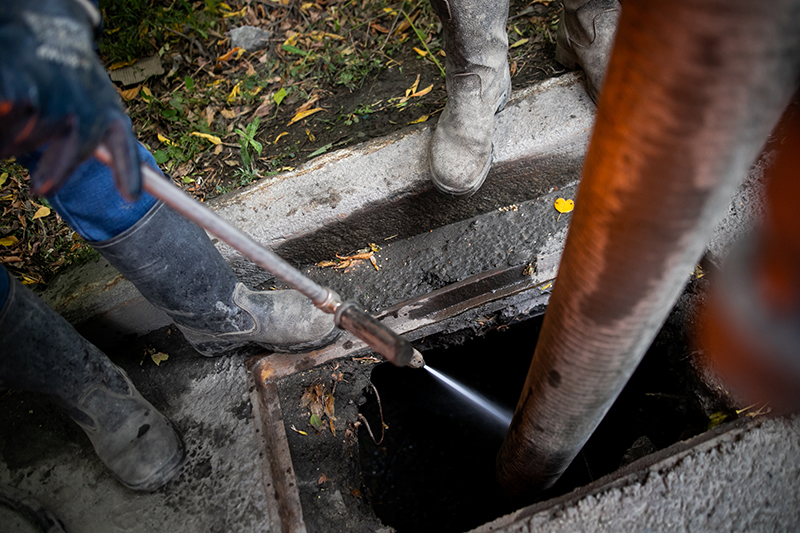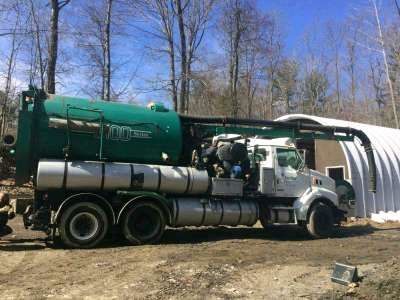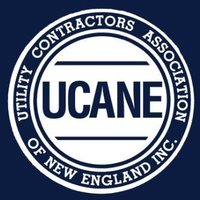
It certainly goes without saying that the vast majority of homeowners and business owners that start excavation related projects around their properties tend to schedule that activity for the spring or summer. This is due to the fact that the ground is colder and far more difficult to dig through in the late fall, and even harder to dig through when frozen in the winter. These colder conditions cause significant problems for contractors that utilize conventional digging methods. It also takes its toll on the environment. Cold weather digging is typically a process that causes a significant amount of pollution.
The traditional excavation process can contaminate the underground water reservoir, and posses the risk of damaging gas reserves, pipelines, sewers, and fiber optic cable. The machinery and chemicals that are involved in these methods can cause accidents and contamination, which exposes safety risks for laborers and nearby citizens. That being stated, winter is the perfect time for property owners to schedule construction projects based on the fact that both labor and materials are typically less expensive based on supply and demand. In essence, construction companies will charge less money in order to stay busy during the cold weather.
However, that brings us back to the point that traditional excavation methods are far more dangerous and even worse for the environment during the winter months. The good news is that there is a method that is cost effective, environmentally friendly, and can easily be utilized in the cold. Hydro excavation is the answer when the ground is frozen. The process is fairly basic in concept. Hydro excavation combines pressurized water and a high flow of moving air to simultaneously excavate and evacuate soil and other natural debris from the dig site. In other words, extremely highly pressurized water is sprayed through a special hose in order to displace the earth.
It works in a similar manner as an incredibly strong power washer. The displaced earth is then vacuumed through another hose where it enters into a tank for removal. The tank is typically attached to a mobile truck where it is then driven off site and disposed. When the ground is cold and or frozen, the highly pressured water is heated in order to avoid freezing. Frost in the ground is just like trying to cut through concrete. Hydro excavators are typically equipped with a boiler that heats the water to 120 degrees Fahrenheit. The water easily melts the frost, which allows the water to easily cut through the frozen ground.
That means that even during the winter months when the temperatures falls far below freezing, hydro excavation works just as well as it does during the spring and summer months. In essence, hydro excavation gets the job done quickly and efficiently regardless of the condition of the soil. For jobs where pipes need to be checked, exposed or installed, hydro excavation is also able to dig the soil in a manner in which the pipes will not be damaged. In essence, the water does not reach, let alone penetrate the pipes and underground utilities. Hydro excavation is also the best method for digging pipes, posts, signs, and poles when the ground is frozen.
If you have any questions about hydro excavation, or would like to schedule service we are happy to help. Jolin Paving & Excavating, Inc. is your New England connection for a vast variety of environmentally related services. Our company has been serving Boston Massachusetts, Southern NH, VT & ME as well as Northern CT & RI since 1952. Please Contact us to learn more today.
continue reading





